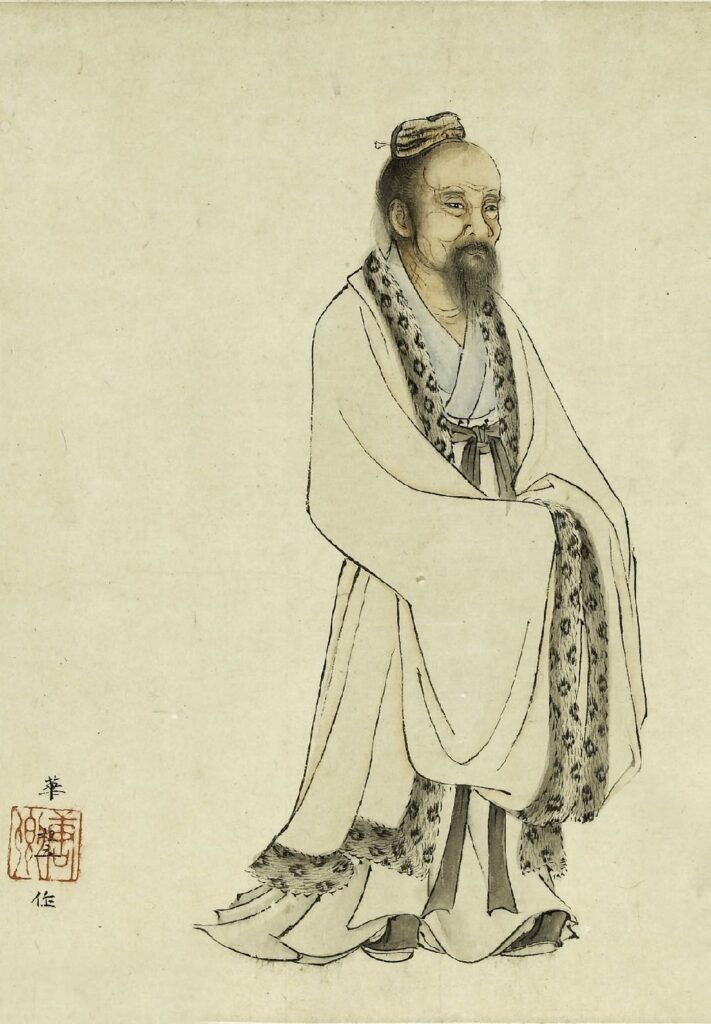Chuang Tzu with his bamboo pole was fishing in the Pu river.
The prince of Chu sent two vice-chancellors with a formal document: We hereby appoint you prime minister.
Chuang Tzu held his bamboo pole still. Watching the Pu river, he said: “I am told there is a sacred tortoise offered and canonised three thousand years ago, venerated by the prince, wrapped in silk, in a precious shrine on an altar in the temple. What do you think? Is it better to give up one’s life and leave a sacred shell as an object of cult in a cloud of incense for three thousand years, or to live as a plain turtle dragging its tail in the mud?”
“For the turtle”, said the vice-chancellor, “better to live and drag its tail in the mud!”
“Go home!”, said Chuang Tzu. “Leave me here to drag my tail in the mud.”
Courtesy https://sofoarchon.com/

Chuang Tzu (also Zhuang Zhou or Zhuangzi, literally “Master Zhuang”) was an influential Chinese philosopher and Taoist sage who lived around the 4th century BCE in a period of great development in Chinese philosophy, the Hundred Schools of Thought. He is credited with writing—in part or in whole—a work known by his name, the Chuang Tzu or Zhuangzi, which is one of the two foundational texts of Taoism, alongside the Tao Te Ching.
Image courtesy Hua Zili , Wikimedia Commons.
Taoism is a diverse philosophical and religious tradition indigenous to China, emphasising harmony with the Tao (way, road, path or technique). Taoist thought has informed the development of various practices within the Taoist tradition and beyond, including forms of meditation, astrology and feng shui. A common goal of Taoist practice is self-cultivation, a deeper appreciation of the Tao, and more harmonious existence. Taoist ethics emphasise such virtues as effortless action, naturalness, simplicity, and the three treasures of compassion, frugality and humility.
